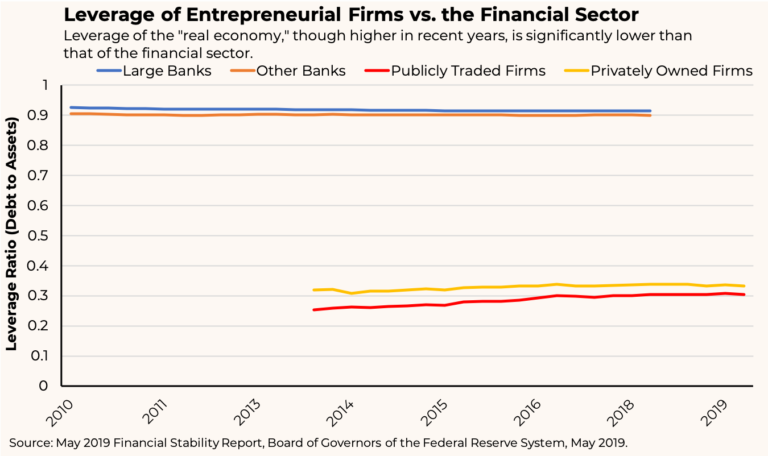In the world of real estate investing, finding creative ways to finance your ventures can make all the difference. While credit cards may not be the first option that comes to mind, they can actually be a powerful tool for leveraging your investments.
In this article, we will explore how credit cards can help you in real estate and provide valuable insights on maximizing their potential.
Understanding the Potential of Credit Cards in Real Estate
Credit cards can be a valuable tool for real estate investors, providing access to additional funds and accelerating investment strategies. By strategically utilizing credit cards, investors can earn rewards, take advantage of low-interest rate offers, and diversify their financing options beyond traditional avenues like mortgages or loans.
Despite common misconceptions about the risks associated with using credit cards for large purchases like properties, careful planning and responsible usage can effectively mitigate these concerns. Credit card rewards programs and interest-free periods offer opportunities for savvy investors to maximize returns while minimizing risks.
To harness the potential of credit cards in real estate investing, it is crucial to approach them as a tool rather than a liability. Responsible usage, diligent financial management, and staying informed about credit card terms and conditions are key factors for success.
In summary, credit cards offer flexibility and benefits for real estate investors when used strategically. By dispelling misconceptions and understanding how to navigate rewards programs and interest-free periods effectively, investors can unlock the power of plastic to accelerate their real estate ventures.
Building Your Foundation: Establishing a Strong Credit Profile
To leverage credit cards effectively in real estate investing, it’s crucial to establish and maintain a strong credit profile. Lenders assess your creditworthiness based on factors like your credit score, payment history, and debt-to-income ratio.
A high credit score demonstrates responsible debt management and increases your chances of qualifying for favorable credit card offers. It also allows access to higher credit limits, offering more flexibility in real estate investments.
Maintaining a healthy credit history involves paying bills on time, keeping card balances low, and avoiding unnecessary debt. Regularly checking your credit report for errors is also essential. By monitoring and promptly addressing any issues, you can ensure that your credit remains in good standing.
Building a solid foundation for successful real estate investment requires a robust credit profile. A high score shows financial responsibility and opens doors to better opportunities. Practice good financial habits and regularly monitor your credit to maintain a strong and reliable credit history.
Credit Card Rewards: Turning Everyday Expenses into Real Estate Opportunities
Credit card rewards offer a unique opportunity for real estate investors to leverage their everyday expenses into tangible investment opportunities.
By strategically using credit cards with higher rewards rates in relevant categories such as home improvement or rental property expenses, investors can accumulate significant cash back and points over time.
Consolidating spending onto one or two reward-earning credit cards, taking advantage of bonus categories and promotional offers, and strategically selecting credit cards with attractive sign-up bonuses can further maximize rewards accumulation.
These accumulated rewards can then be used towards down payments or other real estate ventures, providing a valuable boost to investors’ financial goals.
Financing Made Easy: Using Credit Cards as Short-Term Loans
Credit cards can be a convenient solution for short-term financing in real estate investing. By leveraging zero-interest balance transfer credit cards, you can transfer existing balances from higher interest loans or credit cards onto a new card with no interest charges during the introductory period.
This enables you to access interest-free funds for time-sensitive projects like renovations or repairs. It’s crucial to have a clear repayment plan and pay off the transferred balance within the promotional period to avoid accruing interest charges.
Additionally, some credit cards offer low-interest rate offers that can be advantageous for property purchases in real estate. These cards provide competitive interest rates on balances carried over time, reducing borrowing costs and potentially increasing your return on investment.
Assessing cost savings involves comparing annual percentage rates (APR) against other financing options and considering factors like loan origination fees or closing costs associated with traditional loans.
In summary, credit cards offer flexibility and benefits for short-term financing needs in real estate investing. By understanding how to maximize zero-interest offers and tap into low-interest rate options, investors can access funds at favorable terms while carefully planning repayments to optimize their overall financial strategy.
[lyte id=’yg8DVnhYxTs’]



